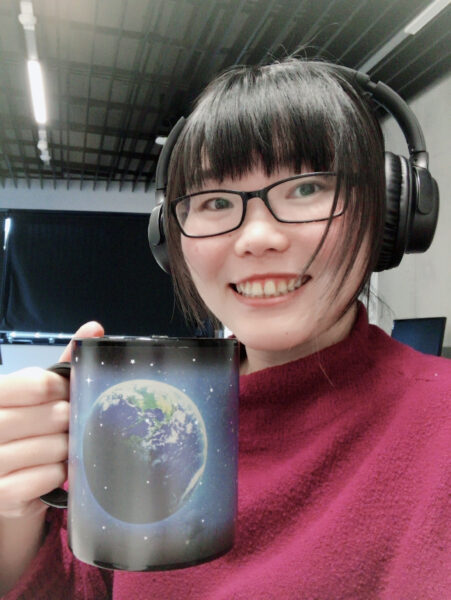 What is your position or role in the DESI project?
What is your position or role in the DESI project?
I am a postdoctoral researcher at Durham University and fairly new in DESI. I collaborate on projects in the Galaxy & QSO working group.
Where were you born?
I was born and raised at a harbor city called Kaohsiung in Taiwan.
Where do you live now?
I live in Durham, United Kingdom where I work as postdoc at the Centre for Extragalactic Astronomy, Durham University.
What do you do as part of DESI?
As a new member, I have not been involved with many projects yet. I just recently get involved with a project on the detection and characterization of absorption features in QSO spectra using visual inspection and machine learning techniques.
What is the most interesting or exciting thing about your job?
As an academic, our job is not just research. There are also many other works involved such as teaching, supervision, observation, meeting organizing, etc. Each of them attracts me for different reasons. For example, I found it’s really rewarding to support students and see their growth.
Any advice for an aspiring scientist?
Searching for your science questions, as it is the best motivation when feeling lost during this journey.
What do you do for fun?
I enjoy doing all kinds of sports and video games. In particular, I love volleyball and was playing in a team for many years. I also enjoy being a backpacker traveling to many places. Sometimes, I’d listen to music while walking and daydreaming, and it feels great.
If you weren’t a scientist, what would be your dream job?
I have been strongly fascinated by three mysterious things—Universe, history, and ocean—since I was a kid. If I were not an astrophysicist, I’d probably become either an archaeologist or an oceanographer.
What excites/interests you most about DESI?
DESI (will) produces over millions of quasar (QSO) spectra. This huge amount of data can not only provide a great constraint to cosmological parameters as well as be used to investigate the environmental impact in galaxy evolution and formation.